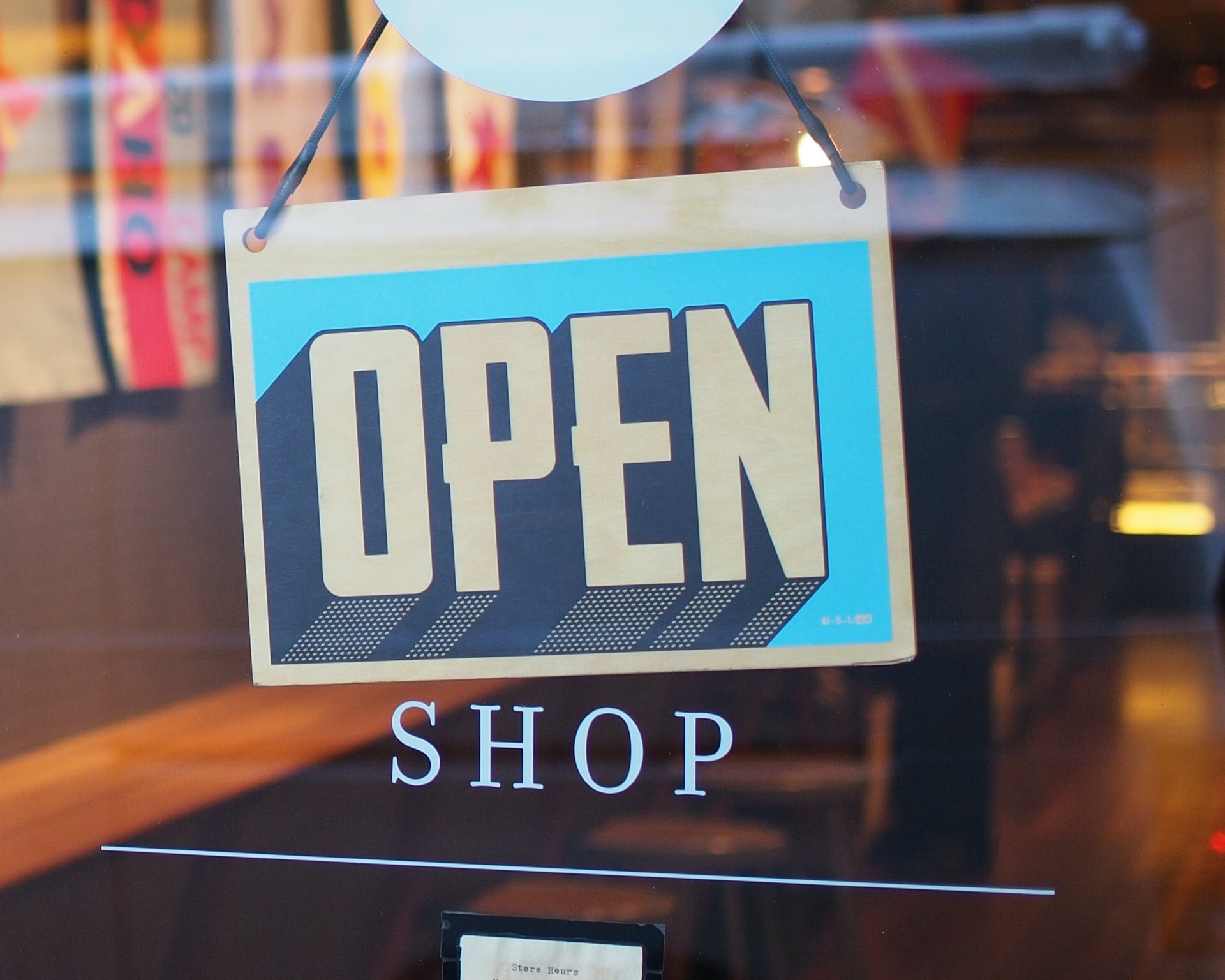With many UK businesses hoping to use pre-Christmas trading to offset lost revenue due to the recent national lockdown (and 2020 generally), the forecast for the economy next year remains unpredictable.
The economy is still being disrupted due to the current regional tier system, as well as rising unemployment and increased consumer caution.
While December has so far brought encouraging and timely news on vaccines, Brexit-related uncertainty is also firmly back in the headlines.
Following on from our recent update on the impact for UK businesses of COVID-19 and Brexit negotiations this year, our latest data looks at the anticipated effects of the second lockdown – and offers some signs of expected trends for 2021.
Savanta has been tracking the responses of small, medium and large businesses to COVID-19 since the start of the first lockdown in March, to understand the impact on businesses this year.
The most recent wave of data from Savanta’s UK Business tracker, collected in November, reveals some brutal consequences from the second UK national lockdown which lasted between 5 November and 2 December.
Redundancies were sadly inevitable and nearly four in ten (38%) medium and large businesses agreed they would have to make some employees redundant due to the second lockdown. This rose to nearly half (47%) of firms with 250 – 1,000 staff.
The furlough Job Retention Scheme remains widely used too. Prior to the second lockdown, the Government announced that the initiative (paying up to 80% of employees’ salaries) is to be extended until the end of March 2021.
Nearly half (46%) of UK businesses have put employees on the extended furlough scheme. This rises to 77% of medium and large businesses where the average proportion of staff placed on furlough is nearly a quarter, at 24%.
One in five (19%) of businesses were likely to close down or cease trading due to the lockdown. Overall, most businesses (77%) felt the second lockdown would negatively impact the UK economy.
During the lockdown, 34% of businesses planned to continue trading either as normal by virtue of being an essential business, or alternatively via their physical premises only offering collection or takeaway services. Aside from this, 25% were to only trade online via their website or another channel such as Amazon.
Although the second lockdown is now over, many businesses remain under significant restrictions in Tier 3, and a third national lockdown – which has not been ruled out – remains a possibility in 2021. It would seem likely that most UK businesses who have so far been both unable to keep physical premises open, or offer online services, will seek to change this – perhaps in time for Christmas, or otherwise as soon as possible next year.
UK business support for national lockdowns
Despite the unavoidable economic damage, overall UK businesses were in favour of the second Government-imposed lockdown.
Most (64%) agreed with the decision taken – with 70% agreeing it was necessary from a public health perspective. However, approximately one fifth of businesses disagreed that a second lockdown was the right choice.
The economy is still being disrupted due to the current regional tier system, as well as rising unemployment and increased consumer caution. Meanwhile, hopes are also high for a return to ‘normal life’ pre-coronavirus as vaccine rollout has now begun.
Therefore, if a third national lockdown is enforced at any point in 2021 it is likely that the proportion of businesses opposing that decision would increase notably from one in five. To keep businesses on side, the Government needs to hope that its widely-debated regional tier approach – and ability to vaccinate a huge amount of the population in record time – will both succeed.
However, as 2020 draws to a close, most UK businesses will be expecting better fortunes next year. In November, the FTSE 100 recorded its best month in 31 years – while Brexit remains a volatile factor, hopes are high for the start of a vaccine-led economic recovery in 2021.
Get in touch:
For more information on Savanta’s UK Business tracker, please download our rate card and/or get in touch with one of our business experts here.






